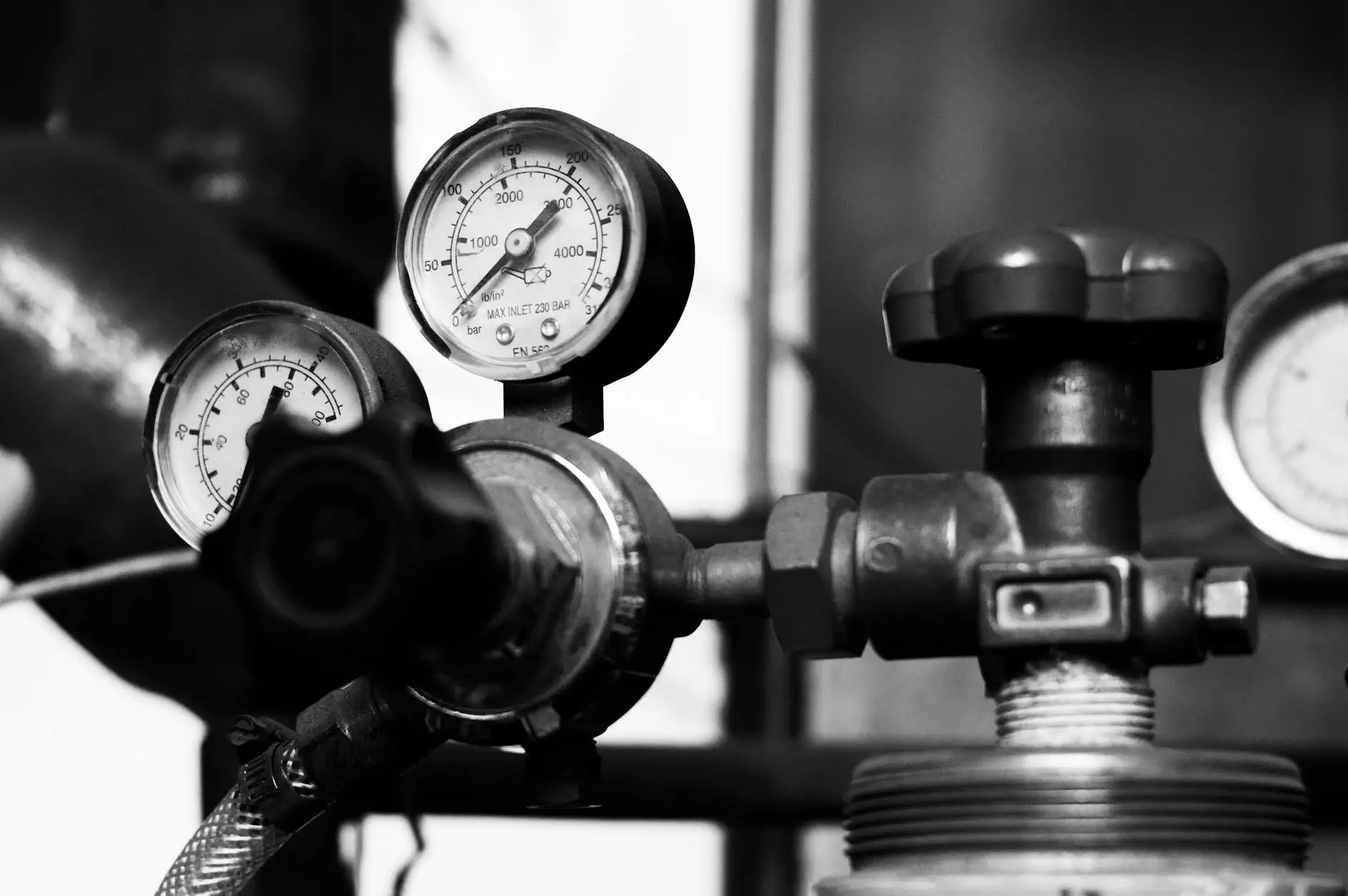Understanding Gauge Glass: Essential for Home & Garden and Beyond

In the world of home and garden improvement and maintenance, there are tools and components that play a crucial role in ensuring safety, efficiency, and functionality. One such component is the gauge glass, a device that may not be commonly discussed but is vital to the operation of various systems. This article aims to provide a comprehensive understanding of gauge glass, its applications, benefits, and how it is indispensable in not just home settings, but also in various industries.
What is Gauge Glass?
Gauge glass, often mistaken as "guage glass," refers to a transparent tubular sensor used to measure the level of liquids in tanks or containers. It functions as a visual indicator, allowing operators to see the liquid level without having to open or inspect the containment directly. With its durability and accuracy, gauge glass is widely used in several applications, notably in both residential and industrial settings.
Components of Gauge Glass
The structure of gauge glass is quite simple yet effective. The main components include:
- Glass Tube: This tube, typically made of strong Borosilicate glass, is designed to withstand high temperatures and pressures.
- Socket Assembly: The ends of the glass tube are connected to fittings, which affix it securely to a tank or vessel.
- Valves: Valves may be placed on either side of the gauge glass to allow for maintenance without having to empty the tank.
- Backing Plate: This is often made of metal and is used to support the glass and provide additional stability.
Applications of Gauge Glass
Gauge glass is employed across various sectors, primarily for its reliability and ease of use. Here are some significant applications:
1. Home & Garden Use
In residential settings, gauge glass can be integral in systems such as:
- Water Heating Systems: Gauge glass helps homeowners monitor the water level in heating units, ensuring efficient operation.
- Fountains and Decorative Ponds: Maintaining the water level is crucial for aesthetics and functionality in home gardens.
- Rainwater Harvesting Systems: Visible monitoring of collected water in tanks ensures sustainable practices in gardening.
2. Fireplace Services
In the realm of fireplace services, gauge glass becomes essential due to its role in:
- Monitoring Fluid Levels: In fireplaces that utilize liquid fuels, gauge glass provides an external view of fuel levels.
- Safety Control: Operators can quickly ascertain the level of fuel or water for safety and efficiency during operation.
3. Industrial Applications
The industrial sector utilizes gauge glass in various ways, including:
- Chemical Processing: Monitoring liquid levels in chemical reaction vessels to ensure safety and stability.
- Water Treatment: Keeping track of water levels in treatment tanks ensures optimal operation for processes.
- Power Generation: Used in boiler systems to monitor water levels, helping prevent overheating and ensuring safe operations.
Benefits of Using Gauge Glass
Understanding the benefits of implementing gauge glass in your systems can greatly enhance your operations. Key advantages include:
1. Enhanced Visibility
One of the most significant benefits of gauge glass is its ability to provide clear visual feedback regarding liquid levels, without requiring complex electronic setups or sensing devices.
2. Cost-Effective Solution
Compared to some modern electronic alternatives, gauge glass systems are often more economical. Their simplicity allows for lower installation and maintenance costs.
3. Durability and Reliability
High-quality gauge glass is designed to withstand harsh conditions, including extreme temperatures and chemical exposure, ensuring long-lasting performance.
4. Easy Maintenance
Gauge glass can be easily serviced or replaced without extensive downtime for the system it is integrated with, making it an ideal choice for busy operational settings.
5. Safety Assurance
By allowing for quick visual checks, gauge glass enhances safety measures in systems handling hazardous materials, reducing the risk of leaks or spills.
Choosing the Right Gauge Glass
When selecting the appropriate gauge glass for your needs, several factors must be considered:
1. Material Compatibility
Ensure that the gauge glass material is compatible with the liquids being monitored. For instance, certain chemicals may require specific types of glass to prevent reactions.
2. Size and Dimensions
Consider the size of the tank or vessel and select a gauge glass that fits appropriately. Incorrect sizing can lead to inaccurate readings or installation issues.
3. Operating Conditions
Evaluate the operating conditions, including temperature and pressure, to choose a gauge glass that can withstand the specific demands of the environment.
4. Maintenance Needs
Determine how frequently the gauge glass will require maintenance and select one that is easy to clean and service to minimize downtime.
Installation and Maintenance of Gauge Glass
Proper installation and regular maintenance are crucial for the performance of gauge glass. Here’s a quick guide:
Installation Steps
- Select the proper gauge glass and fittings. Ensure all components meet the specifications needed for your application.
- Prepare the installation site. Check for any obstructions or issues with the surface where the gauge will be mounted.
- Install the socket assembly. Secure the fittings on the tank or vessel.
- Insert the gauge glass. Carefully place the glass tube into the socket, ensuring it fits snugly.
Maintenance Tips
- Regular Cleaning: Ensure the gauge glass is clean for accurate readings. Use appropriate cleaning agents that do not damage the glass.
- Check for Leaks: Regularly inspect the fittings for any signs of leaks or wear that could lead to failure.
- Replace as Necessary: If the glass becomes chipped or damaged, replace it immediately to ensure safety and functionality.
Conclusion: The Indispensable Role of Gauge Glass
In conclusion, gauge glass is more than just a simple tool; it is an essential component that enhances safety, efficiency, and functionality across various applications. Whether you are involved in the home and garden sector, managing fireplace services, or operating in industrial environments, understanding and implementing gauge glass can lead to significant benefits. As you explore your options, remember that choosing high-quality products is key to ensuring consistent performance and reliability.
For your next project or upgrade, consider the value of gauge glass and how it can positively impact your operations. Whether you are installing new systems or upgrading existing ones, don’t overlook the importance of a good-quality gauge glass in ensuring optimal performance.



